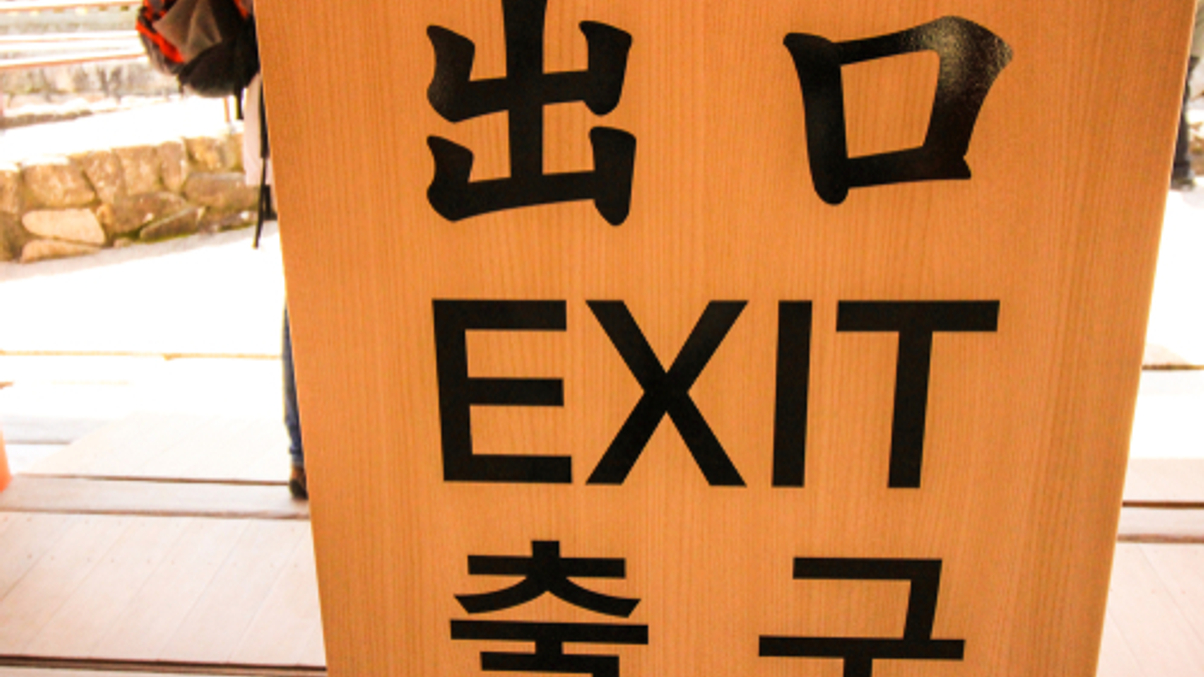Fund managers ditch Japan stocks amid gloomy outlook
Despite being seen as undervalued, Japan's equity market faces multiple challenges that are deterring allocators, finds Bank of America Merrill Lynch’s fund manager survey.

Global fund managers are the most negative they have been on Japanese equities for six-and-half-years amid global trade uncertainties and domestic market weakness, and against a hugely bearish backdrop.
Sign in to read on!
Registered users get 2 free articles in 30 days.
Subscribers have full unlimited access to AsianInvestor
Not signed up? New users get 2 free articles per month, plus a 7-day unlimited free trial.
¬ Haymarket Media Limited. All rights reserved.


